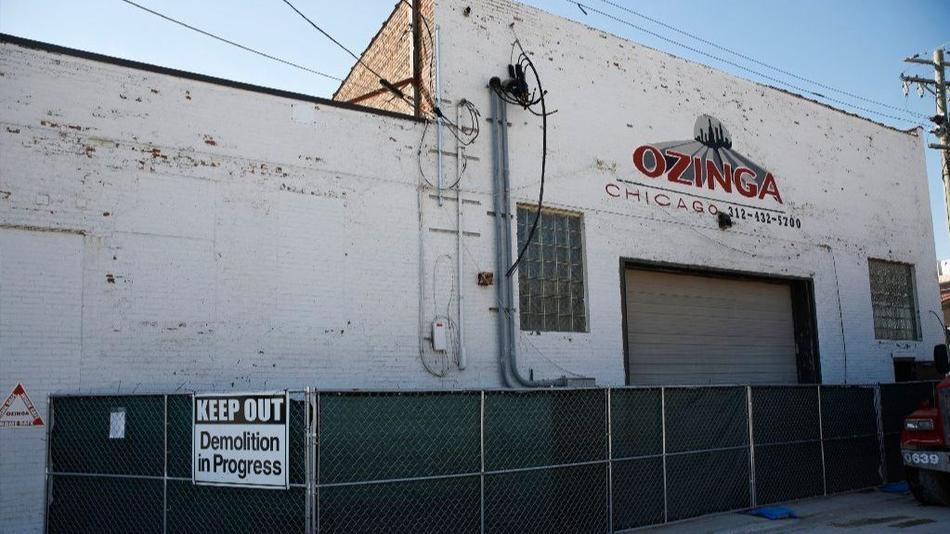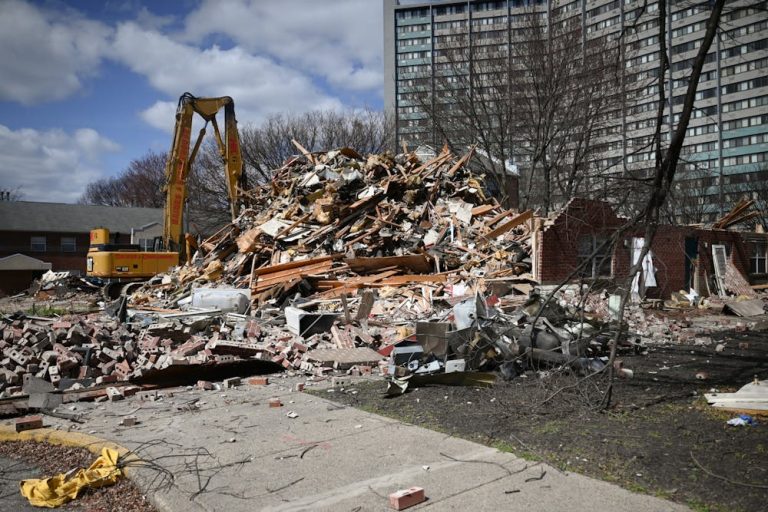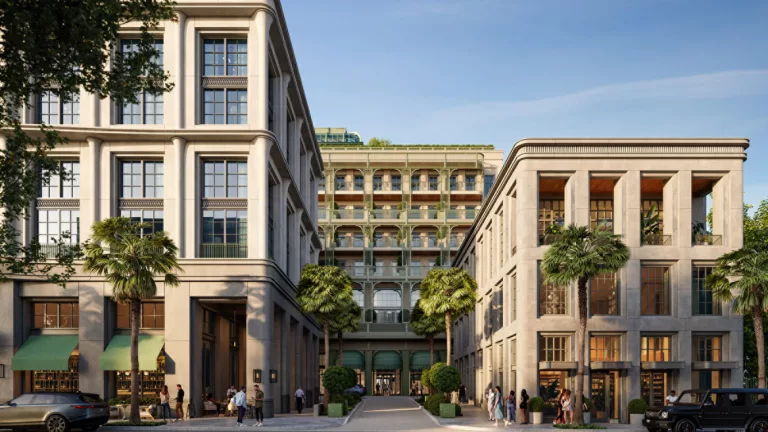
Demolition was expected to begin next Tuesday on a South Loop building that records and historic information show once served as a bootleg brewery for Al Capone.
A demolition permit was granted for July 11, giving the building’s current owner permission to demolish buildings in the 2200 block of South Lumber Street, near West Cermak Road and the Chicago River. Sources said the building was set to come down Tuesday.
In 1932, a raid took place at the brewery at 2271-2273 Lumber St., according to an article published by the Tribune at the time. Property records show the building slated for demolition Tuesday at one time had the address of 2271 S. Lumber. Under the headline “Drys Seize 140 Barrels of Beer in Brewery Raid,” the Tribune wrote about the raid by special prohibition agents, led by Eliot Ness, the famed leader of The Untouchables — the name the Tribune gave his team. He is known as the man who, in part, was responsible for Capone’s arrest and subsequent conviction on tax evasion. According to “Eliot Ness: The Rise and Fall of an American Hero,” a biography by Douglas Perry, the brewery was among many owned by Capone that were targeted by Ness early that year. The brewery had the capacity to make 100 barrels a day and had been running only a month when his team broke down its doors.“The agents found 140 barrels of beer, which they said were ready for distribution,” according to the Tribune article. “The equipment was valued at $75,000. The raiders were forced to smash in three sets of steel doors.”
Jonathan Eig, who spent three years researching the legendary gangster for his book “Get Capone: The Secret Plot That Captured America’s Most Wanted Gangster,” said he doubts Capone actually owned the building because he had few assets to speak of. “Even the house on Prairie (Avenue), he rented,” Eig said. “He did buy it, but in his mother’s name.” Eig said that in Chicago and across the Midwest, people are inclined to share stories about Capone — saying he lived in a unit of their building, or once rented a room there as he traveled. But it’s mostly the stuff of urban myth, Eig said. “Connections to him are always a little bit shaky. He didn’t really even run the distilleries and the breweries, he just had deals with them. He ran a very loose organization, he owned almost nothing; he just had lots and lots of deals with people and places all over town,” Eig said. It is the mention of Ness in the 1932 Tribune article that Eig thinks is the most convincing argument that the brewery was connected to Capone, because Ness was specifically targeting Capone’s operation at that time. Even so, Eig said, it’s possible another bootlegger was brewing beer in the building, because Capone was hardly the only person making illegal booze during Prohibition. “They were never able to prove much. They indicted him on Prohibition charges, but the case was so weak and the evidence was so circumstantial that in the end, they stuck with the tax evasion case,” Eig said. “Eliot Ness never really managed to get the goods on Capone.” As for the demolition, Eig said no one should be too worried about forever losing a significant landmark. “It certainly wasn’t his headquarters or his office or place of residence, and if he did have a business connection (to that building), it would be one of hundreds,” Eig said. “I don’t think we’re losing anything historically important.”
lf***@************ne.com
kd******@************ne.com




